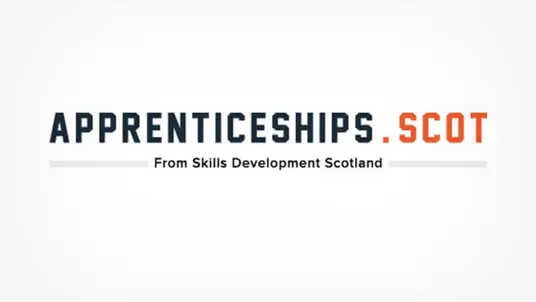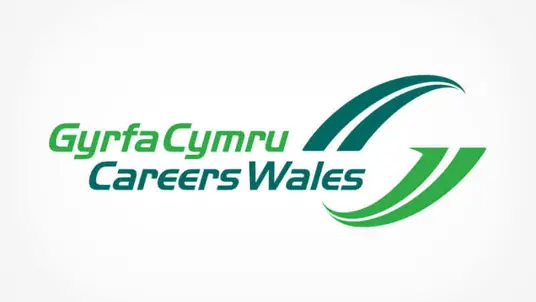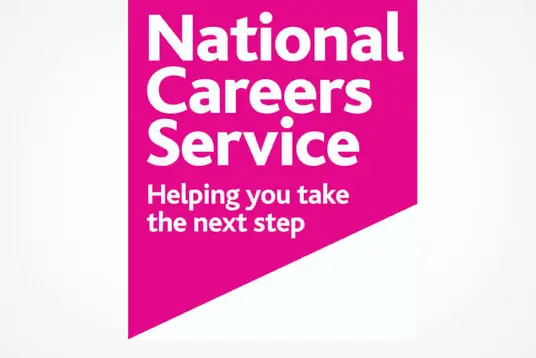How to become a marketing and public relations (PR) officer
There are no set entry requirements to become a marketing and PR officer, however you could complete a university or college course, an apprenticeship, or on-the-job training to help you prepare for your career.
You should explore these routes to find out which is the right one for you. Although some of these options have certain qualification requirements, many employers are more interested in people who are enthusiastic, willing to learn and can follow instructions.
You may need a Construction Skills Certification Scheme card to go on to an active construction site.
University
Some employers will require you to have an undergraduate degree to become a marketing and PR officer. Relevant subjects include:
- English
- Marketing and communications
- Public relations
- Advertising
- Business and management
- Psychology.
You could also study a subject relevant to an industry you would like to specialise in, such as construction or IT.
College/training provider
You could complete a college course to help you on your journey to becoming a marketing and PR officer, in a relevant subject such as marketing, public relations, business studies or psychology.
It’s also possible to gain PR qualifications from professional bodies such as the Chartered Institute of Public Relations (CIPR), the Chartered Institute of Marketing (CIM) or the Communication Advertising and Marketing Education Foundation (CAM).
Apprenticeship
You could complete an apprenticeship as a marketing assistant or an administrator with a construction company, to help you become a marketing and PR officer.
Alternatively, you could go through the Chartered Institute of Marketing (CIM) to find professional apprenticeships that will provide you with the skills to progress in this career.
Apprenticeships are open to anyone over the age of 16. As an apprentice, you’ll be fully employed by your company and expected to work a minimum of 30 hours a week. Your time will be split between on-the-job experience and a college or training provider.
Work experience
Work experience is essential to gaining employment within the construction industry. You could gain this at school, or by working weekends and holidays with a company or relative who works as a marketing and PR officer. Potential employers will always be pleased to see work experience listed on your CV.
You may also be able to gain marketing and PR work experience by:
- Contacting PR departments and marketing agencies for work experience
- Volunteering to promote local charities or businesses
- Writing for student magazines, newspapers or radio stations
- Writing blogs or contributing to a business or charity’s social media feeds.
- Find out more about work experience
Work
If you have some basic experience, you could apply directly to a company to gain experience as a marketing and PR officer. You might start out as an assistant or junior to a more experienced marketing and PR officer and progress as your abilities improve.
Skills
Additional skills which may benefit anyone considering a job as a marketing and PR officer include:
- Knowledge of media production and communication
- Excellent grasp of the English language
- To be thorough and pay attention to detail
- Persistence and determination
- Ability to work well with others
- Ability to accept criticism and work well under pressure
- Ability to use your initiative
- Ability to sell products and services
- Good computer skills.





